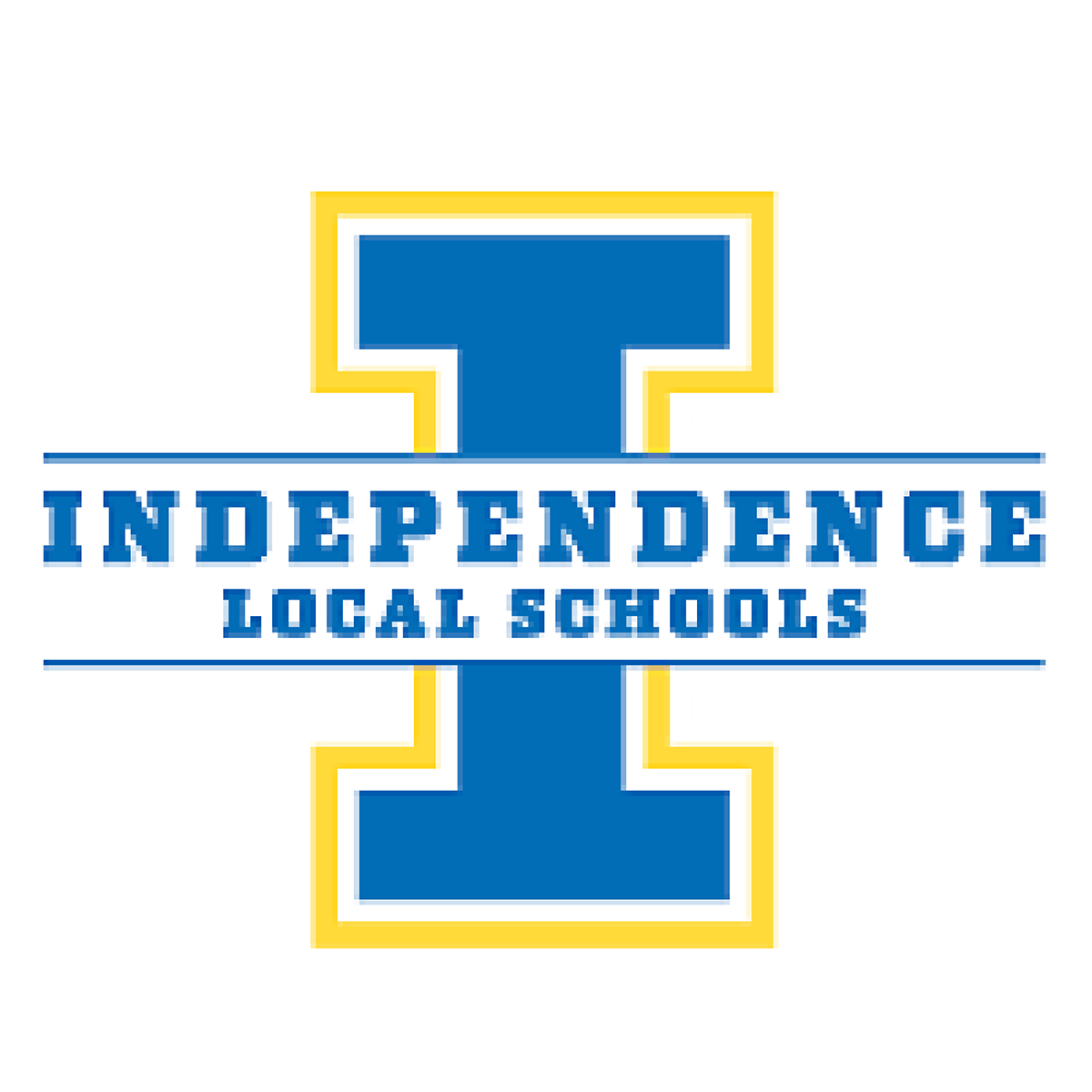At the March 4 Board of Education meeting, Independence Local Schools Treasurer Jennifer Knapp presented a financial overview of the state's proposed biennium budget and its impact on the district. Her report highlighted key challenges related to state funding reductions and the increasing diversion of public education dollars to private and charter schools through the EdChoice Scholarship Program.
Knapp explained that while Independence Local Schools is projected to receive an increase in state funding, the gains are minimal compared to rising costs. Yes, Independence will receive more state funding, however:
The district’s State Share of Base Cost funding will increase by only $2,576 in FY26 and $2,077 in FY27.
Restricted funding lines saw the most notable increases:
Transportation funding will rise by $50,551 in FY26 and an additional $54,874 in FY27 due to the continued increase in state share.
Additional aid funding will increase by $61,303 in FY26 and $15,964 in FY27. This aid is for special education transportation and preschool special education and transportation.
Despite these increases, Knapp emphasized that the broader financial outlook remains concerning as the state reduces funding guarantees and shifts more financial responsibility to local taxpayers.
A significant portion of the discussion focused on the expansion of the EdChoice Scholarship Program, which continues to redirect funding from public schools to private institutions. Knapp noted that while public schools are experiencing statewide reductions in funding, EdChoice scholarships are seeing double-digit percentage increases. Unlike public schools, private and charter schools receiving these funds are not subject to the same state regulations, mandates, and compliance requirements. The number of EdChoice Scholarship participants who live in the City of Independence has significantly increased from FY23 to FY25, with a notable rise in students who do not qualify as low-income. This shift highlights the growing financial impact of the program on public school funding, especially in Independence Local Schools. (See chart below.)
“More than in recent history, polarizing pressures are being placed on the state’s education budget,” said Knapp. The final phase-in of an existing law is under scrutiny, and funds originally allocated to public education under the Fair School Funding Plan are likely being shifted to private and charter schools through the EdChoice Scholarship Expansion Program.
As public funds are increasingly redirected, the state is also seeing unprecedented increases in property taxes, adding pressure on the General Assembly to provide relief. With public education primarily funded by the local tax base, many taxpayers are voicing frustration over higher property tax bills. This shifting financial burden has created a growing concern among residents and school officials alike.
In closing, Knapp emphasized the importance of advocating for fair public school funding and urged the community to stay informed about the evolving state budget process. The Board of Education will continue to monitor these financial developments and assess their implications for district operations.
The Board of Education also voted in favor of joining the “Vouchers Hurt Ohio” lawsuit. This coalition of more than 300 public school districts in Ohio is challenging the state's voucher program and its long-term impact on public education.

